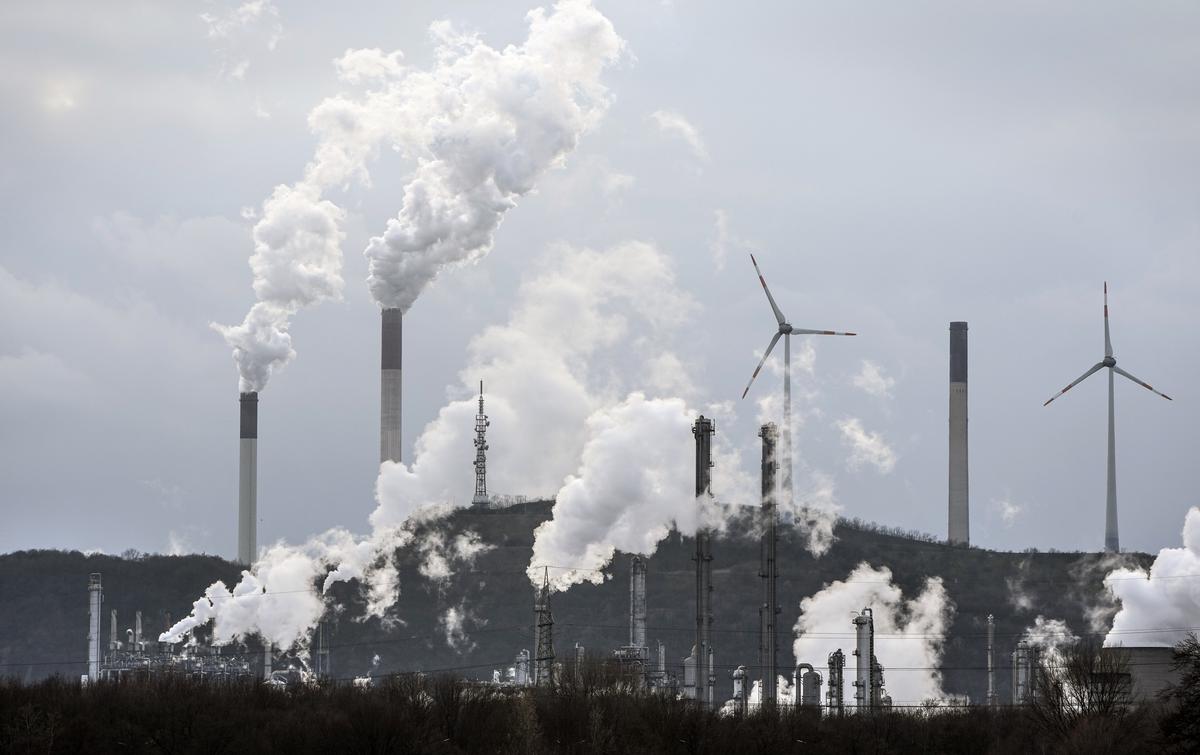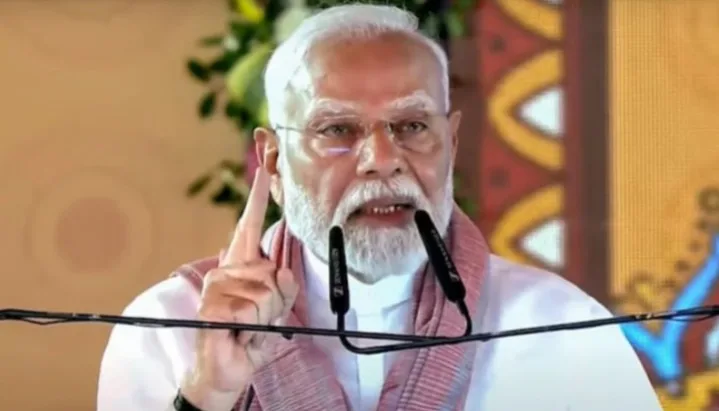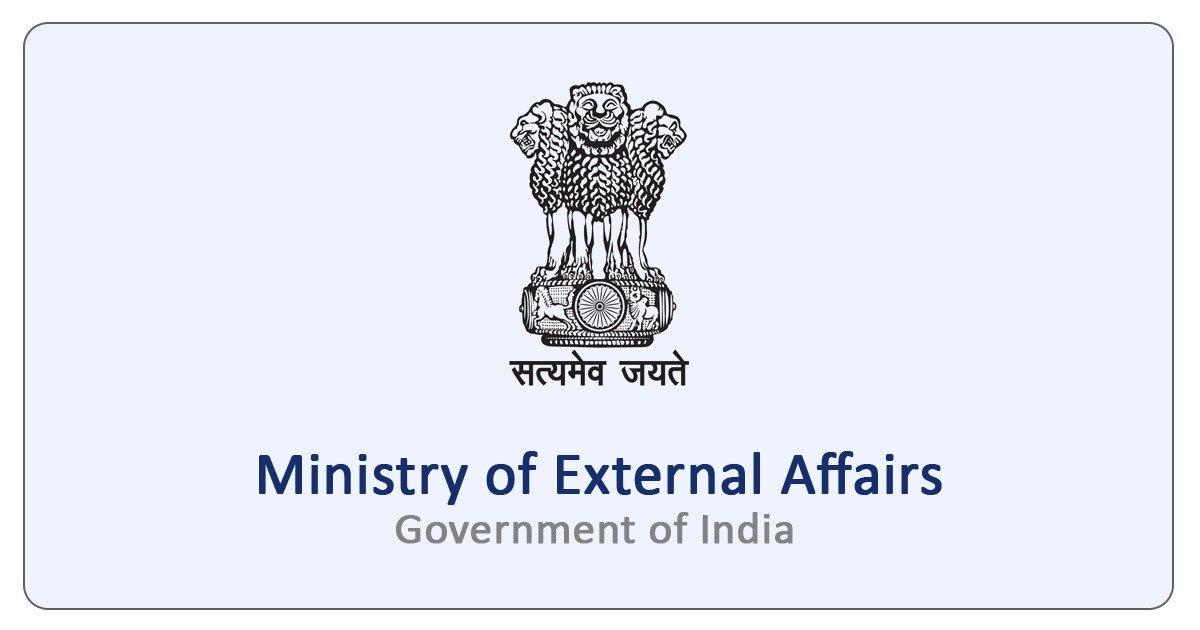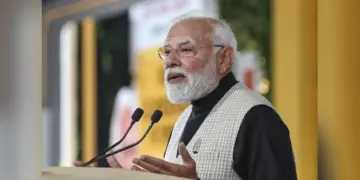New Delhi: India has set up an inter-ministerial group to develop a “well thought-out view” on important matters to be discussed during global climate negotiations, according to sources.
Constituted in August, the inter-ministerial group on climate change comprises members from all the ministries and departments concerned, including the Ministry of Environment, Forests and Climate Change, Ministry of Power, Ministry of New and Renewable Energy, and the Department of Economic Affairs, a source told PTI.
The group will hold discussions mainly on five issues — mitigation, adaptation, loss and damage, climate finance and Article 6 of the Paris Agreement.
Five sub-groups, one for each topic, have been formed to hold detailed discussions. Each sub-group has five to six officials at the joint secretary level, the sources said.
Mitigation means reducing greenhouse gas (GHG) emissions and adaptation refers to the process of adjusting to the effects of climate change.
Loss and damage refer to the impacts of climate change that cannot be avoided through adaptation.
The creation of a Loss and Damage Fund marked a significant milestone at COP27 in Egypt’s Sharm El Sheikh last year and represented the culmination of years of advocacy by the climate-vulnerable developing nations. The primary objective of the fund is to offer financial support to countries highly vulnerable to severe impacts of climate change.
At the annual UN climate talks (COP28) in Dubai in December, countries will attempt to arrive at a consensus on who should contribute to and be eligible to receive the benefits of the Loss and Damage Fund.
In a recent submission to the United Nations Framework Convention on Climate Change (UNFCCC), highlighting its expectations for the first-ever Global Stocktake, India stated that establishing eligibility criteria for accessing the fund must acknowledge the historical responsibility of the over-emitting countries and provide a fair compensation to the countries still within their fair shares.
Regarding finance, the sources said the inter-ministerial group is deliberating on matters related to the Standing Committee on Finance (SCF), such as the definition of climate finance and the developed countries’ insistence on bringing in private finance in furtherance of Article 2.1(c) of the Paris Agreement, among other issues.
India has been a leader in calling for clarity in the definition of climate finance and emphasising the importance of scale, scope and speed in the delivery of such finance.
It has always maintained that climate finance should be new and additional (with respect to overseas development assistance), primarily as grants and not loans, and balanced between mitigation and adaptation.
Article 2.1(c) of the Paris Agreement addresses aligning financial flows with climate action.
Article 6 allows countries to voluntarily cooperate with each other to achieve the emission-reduction targets outlined in their nationally-determined contributions or national plans to achieve the Paris Agreement goals. This means that under Article 6, countries will be able to transfer the carbon credits earned from the reduction of GHG emissions to help one or more countries meet climate targets.






